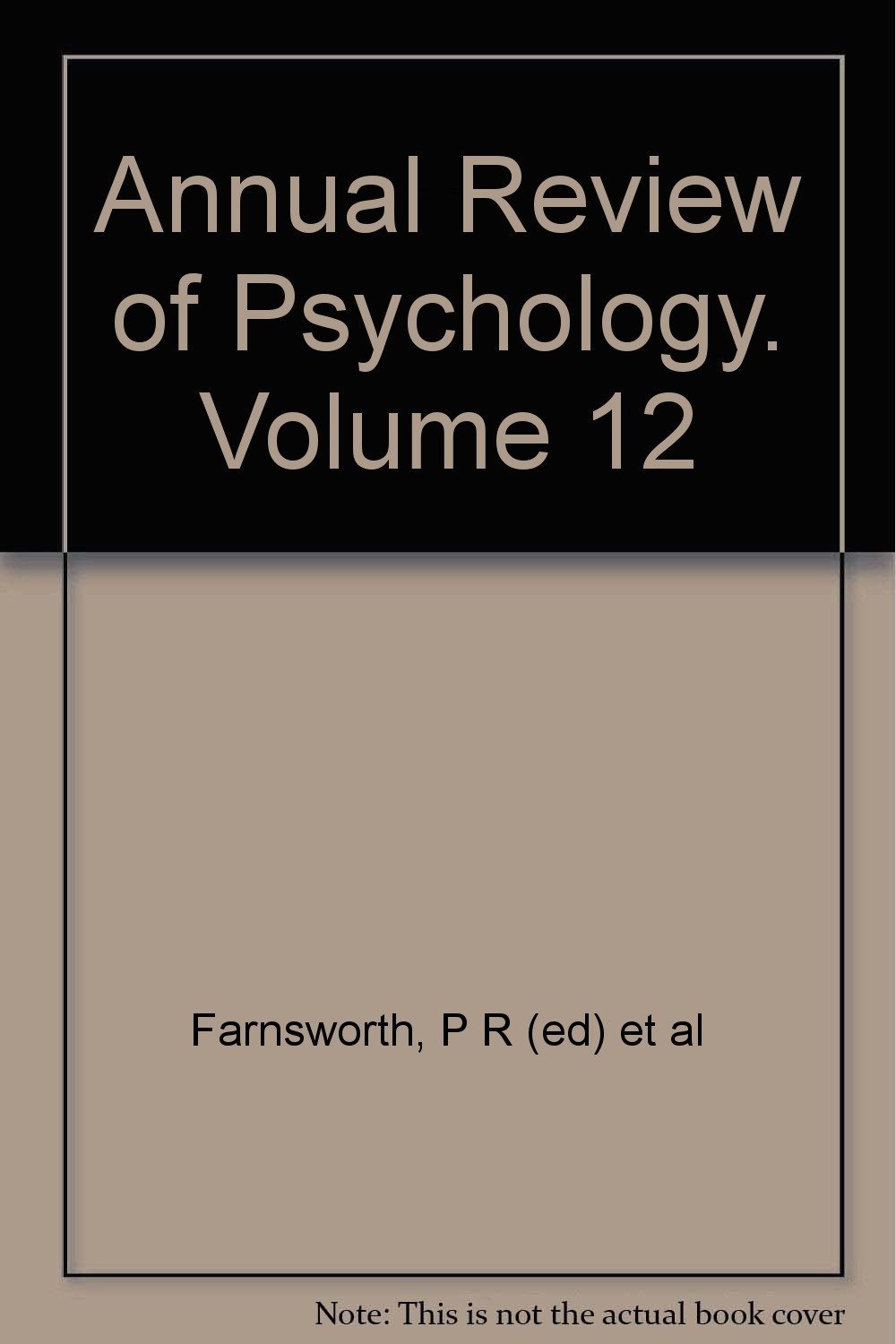社会规范的力量与陷阱
IF 29.4
1区 心理学
Q1 PSYCHOLOGY
引用次数: 0
摘要
长期以来,社会规范因其对人类行为的影响而受到社会科学和行为科学的广泛关注。本综述主要关注的是那些明确或隐含地表达了人们应该或不应该做什么的社会共同观点的规范。这种强制性规范可以通过内化或通过正式或非正式的执行对行为产生强大的影响。它们可以作为干预措施的基础,通过顺从来塑造人们的行为,但也可以被个人用来质疑社会实践。然而,规范也有缺陷,可能无法按预期影响行为:它们可能会对个人的自我(自主性、道德、价值观)构成威胁,损害动机和社会意义(内在动机、信任、真诚),或者被以自我为中心地重新诠释(通过有偏见的认知和选择性的社会/时间参照物)。根据个人对某一问题的立场,这些陷阱也可能转化为抵制不良规范或推动社会变革的力量。本文章由计算机程序翻译,如有差异,请以英文原文为准。
The Power and Pitfalls of Social Norms
Social norms have long been considered across the social and behavioral sciences for their effects on human behavior. This review focuses on norms that explicitly or implicitly convey socially shared views about what people should or should not do. Such injunctive norms can be powerful influences on behavior through internalization or through formal or informal enforcement. They can underpin interventions to shape people's behavior through conformity but can also be drawn upon by individuals to question social practices. However, norms also have pitfalls and may fail to affect behavior as intended: They can pose a threat to the individual's self (autonomy, morality, values), compromise motives and social meanings (intrinsic motivation, trust, sincerity), or be egocentrically reconstrued (through biased perceptions and selective social/temporal referents). Depending on one's stance on an issue, such pitfalls may also be turned into powers to inoculate against undesirable norms or to advance social change.
求助全文
通过发布文献求助,成功后即可免费获取论文全文。
去求助
来源期刊

Annual review of psychology
医学-心理学
CiteScore
47.30
自引率
0.80%
发文量
48
期刊介绍:
The Annual Review of Psychology, a publication that has been available since 1950, provides comprehensive coverage of the latest advancements in psychological research. It encompasses a wide range of topics, including the biological underpinnings of human behavior, the intricacies of our senses and perception, the functioning of the mind, animal behavior and learning, human development, psychopathology, clinical and counseling psychology, social psychology, personality, environmental psychology, community psychology, and much more. In a recent development, the current volume of this esteemed journal has transitioned from a subscription-based model to an open access format as part of the Annual Reviews' Subscribe to Open initiative. As a result, all articles published in this volume are now freely accessible to the public under a Creative Commons Attribution (CC BY) license.
 求助内容:
求助内容: 应助结果提醒方式:
应助结果提醒方式:


